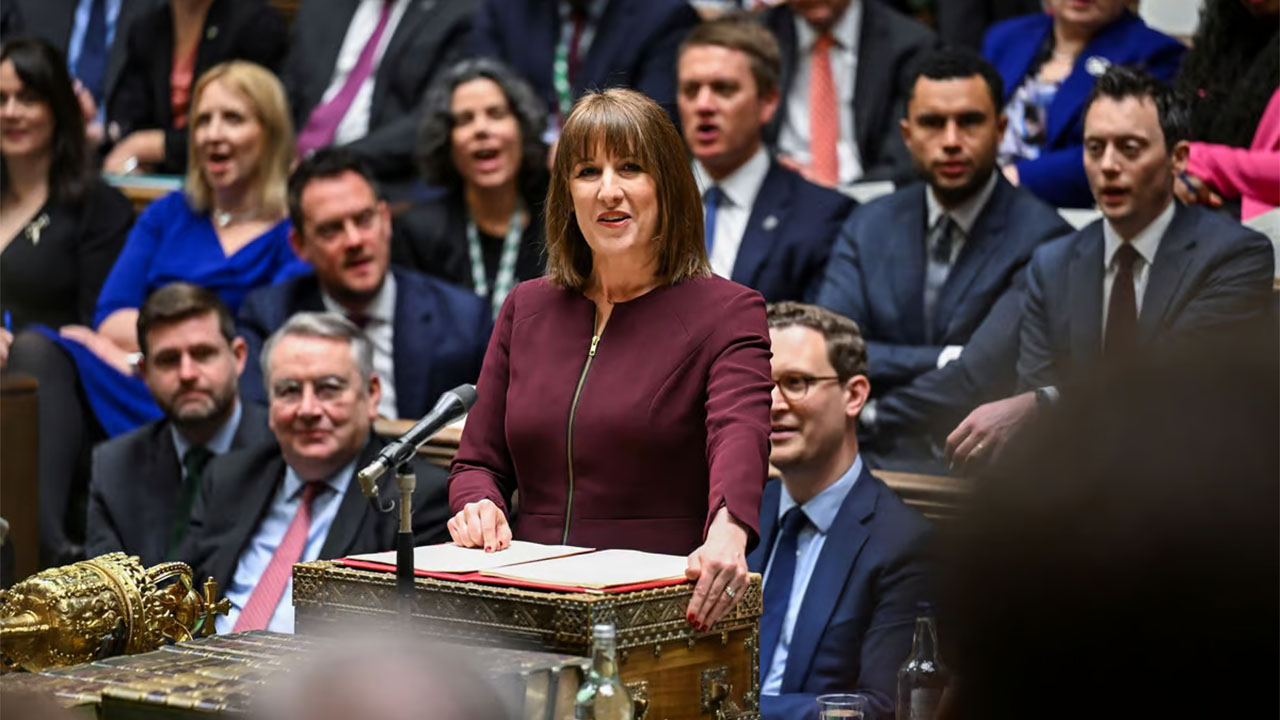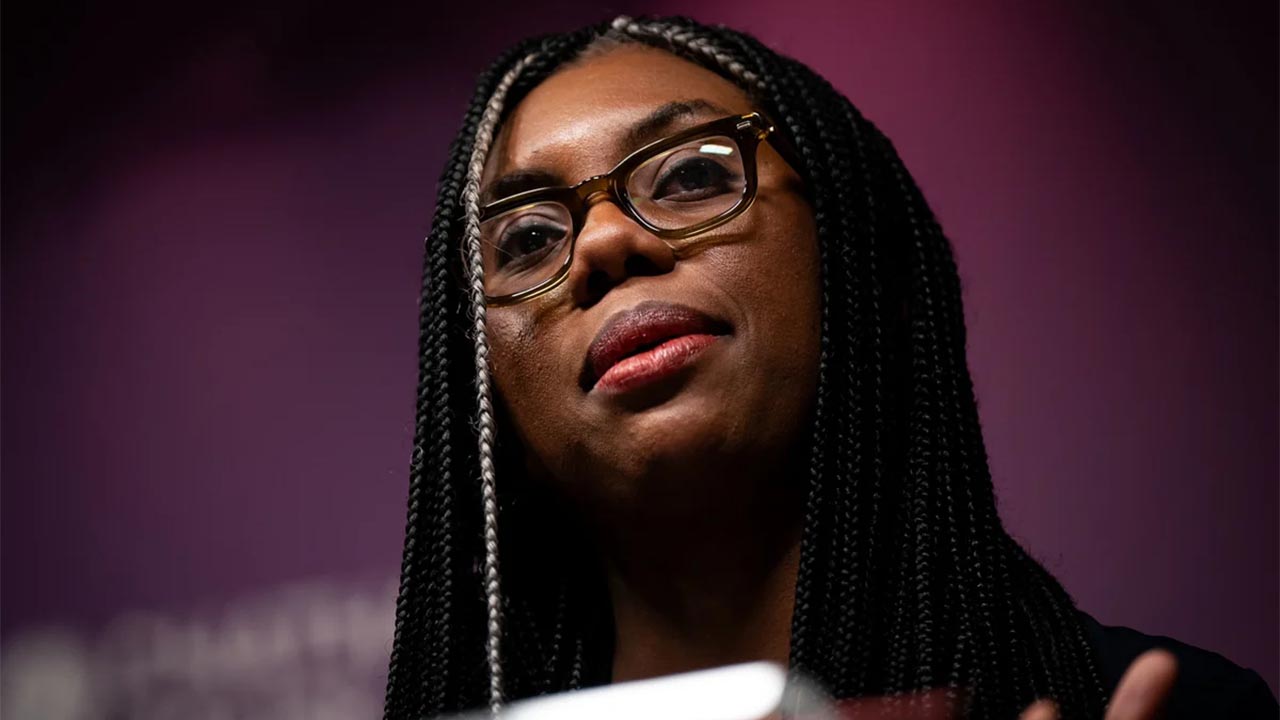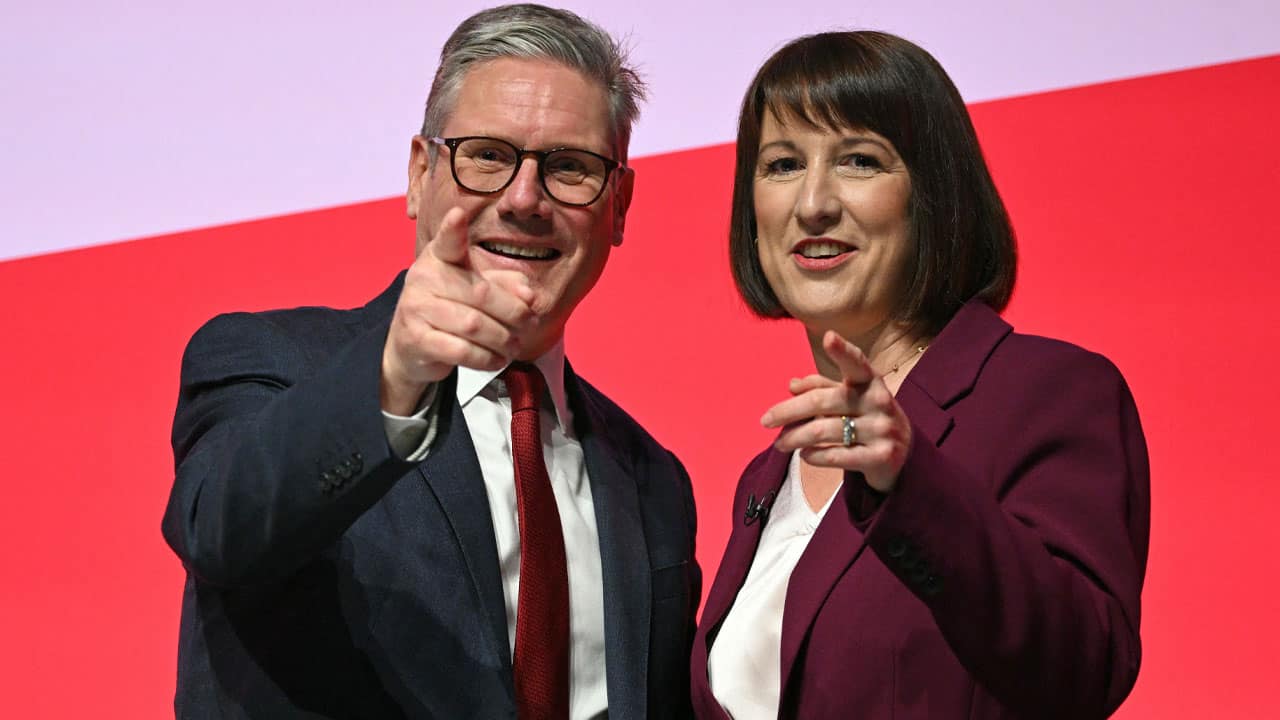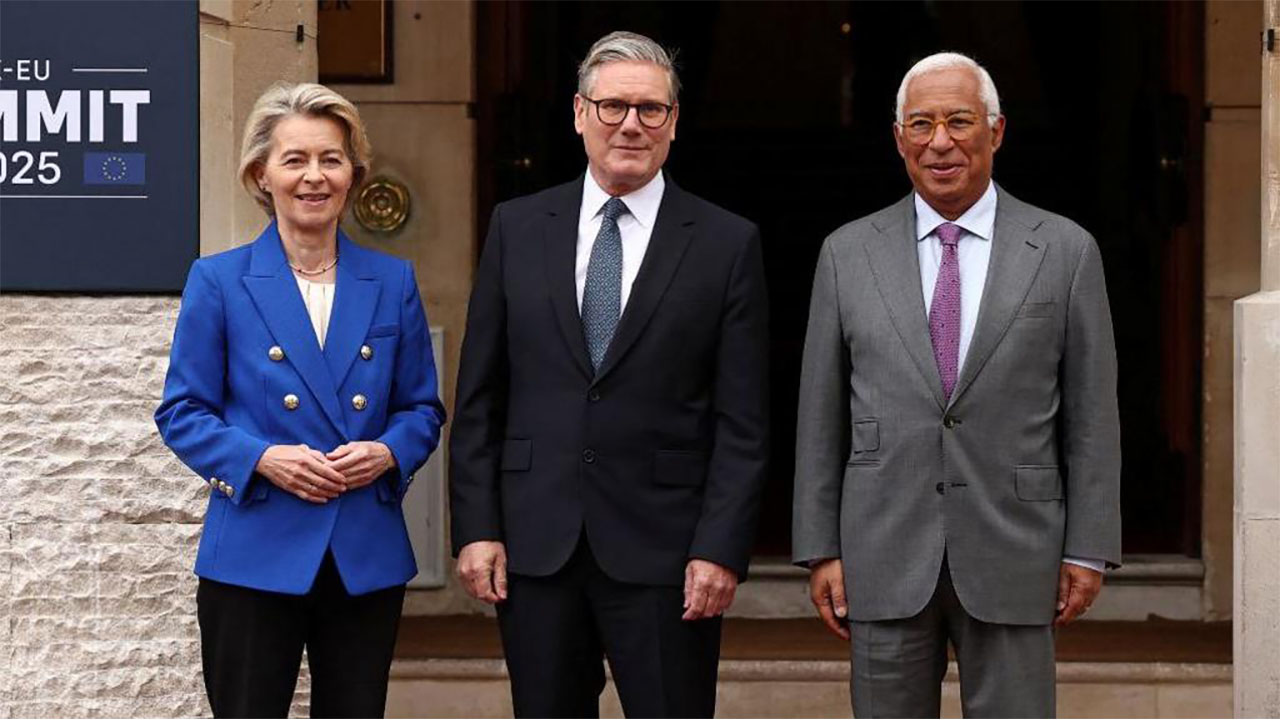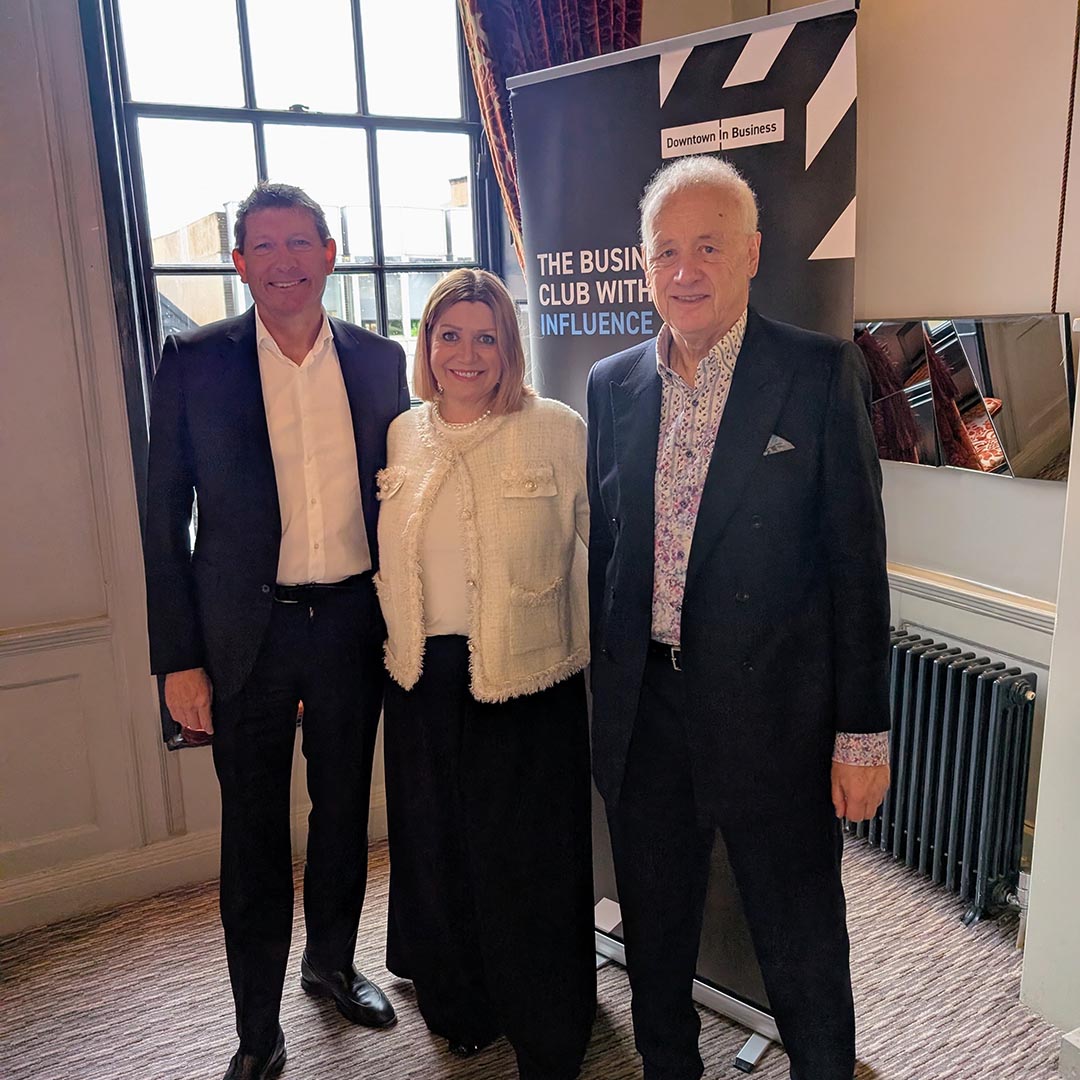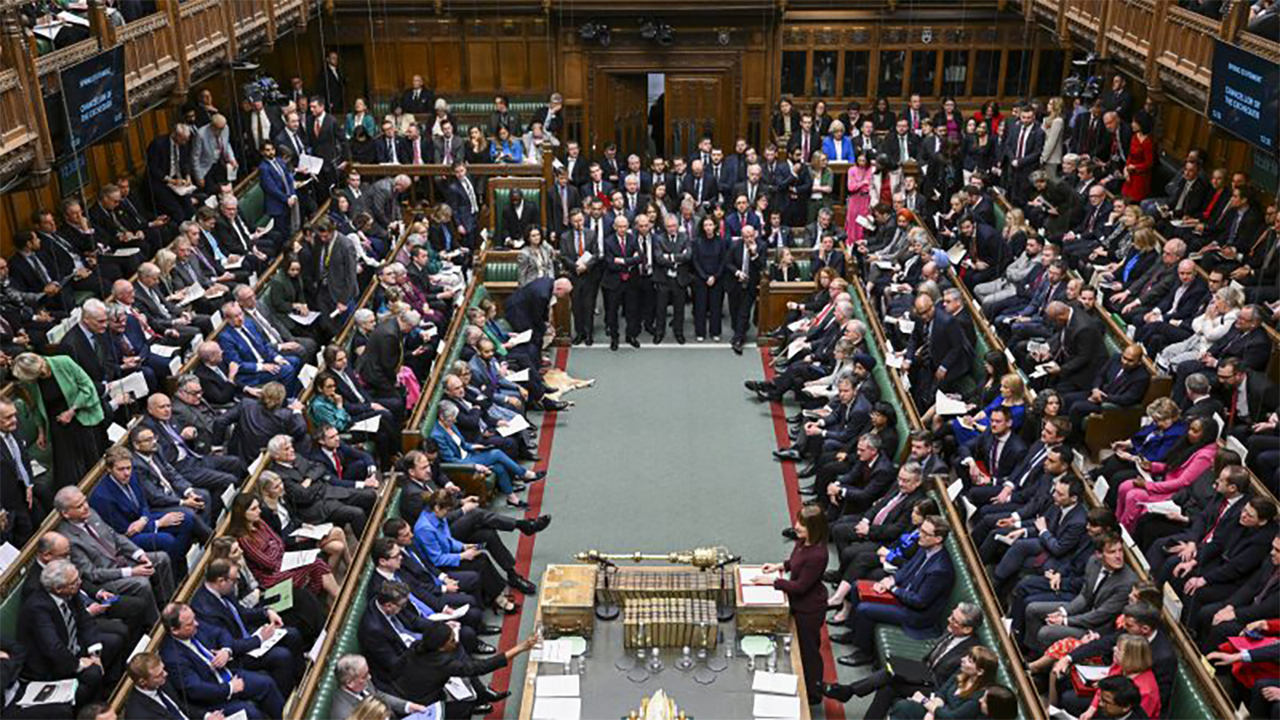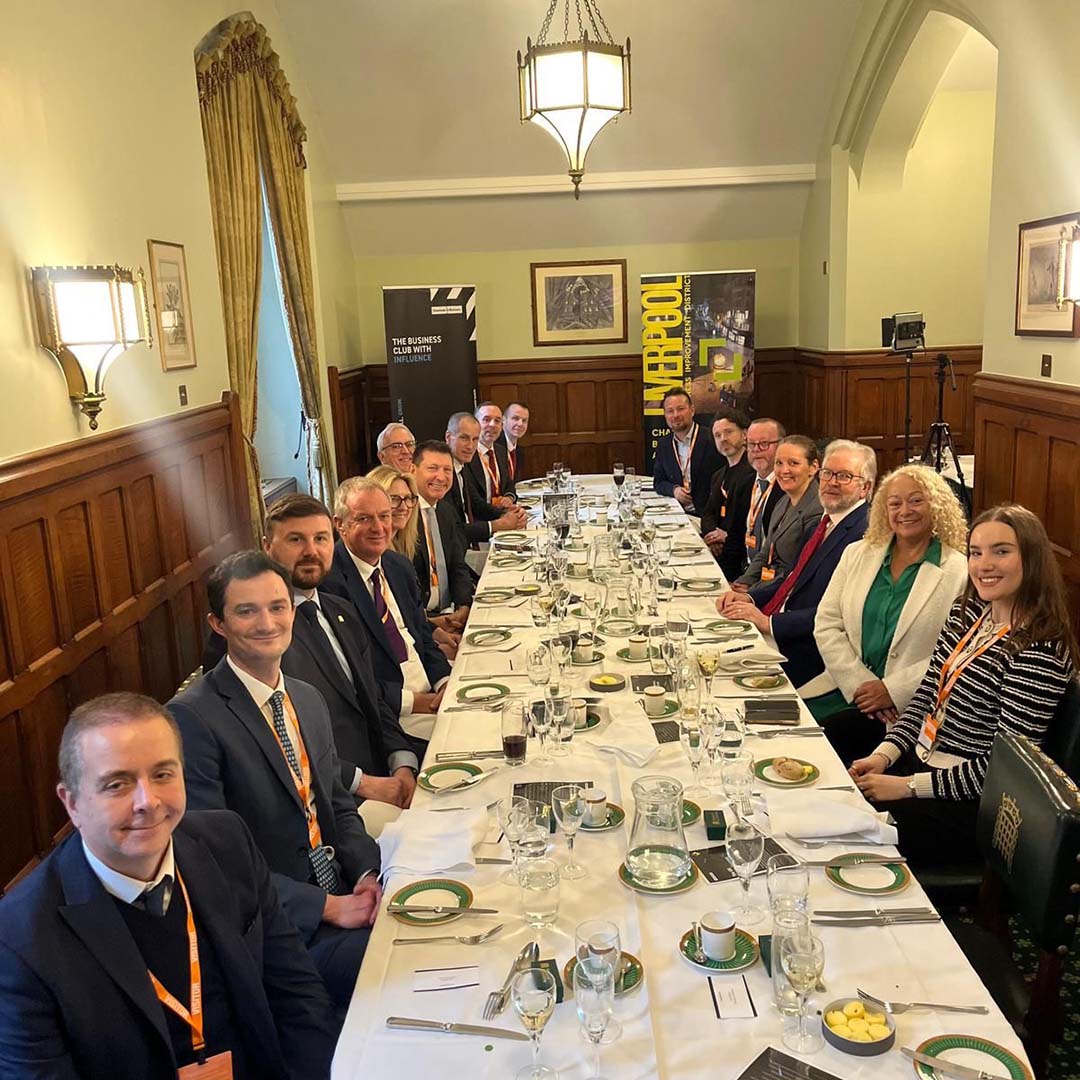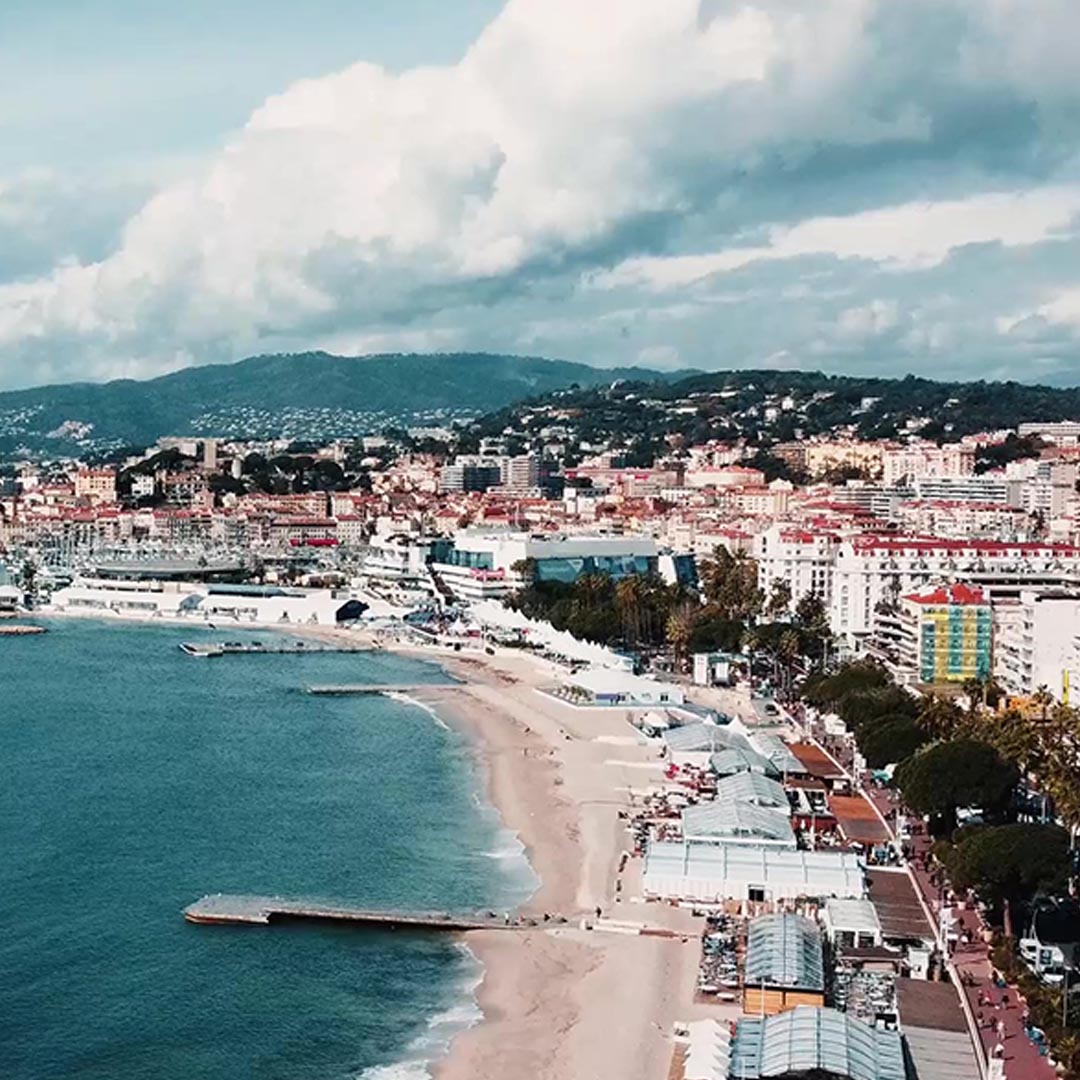The discussion about net zero, environmental policies, and the green agenda is in danger of turning into a series of populist soundbites, undeliverable demands, and short-term political point-scoring.
On the back of the Uxbridge by-election, which the Conservatives ‘surprisingly’ held the seat they have always held (even in 1997), the government has decided to row back on the ‘green crap’ – despite the fact that it was David Cameron who changed his party’s emblem from a flame to a tree, Boris Johnson who led the charge at COP 26, and as recently as February Rishi Sunak who was declaring support for radical ‘climate emergency’ measures, as he revealed that it is the only political issue his kids are interested in.
Labour has responded with criticism of the London mayors Ultra Low-Level Emissions policy, urging Sadiq Khan to review a scheme which would see some residents who live in outer London having to pay £12.50 per day if they drive very old petrol or diesel vehicles.
For context, most petrol vehicles under 16 years old, and diesel vehicles under 6 years old already meet the emissions standards and are therefore exempt from charging. For the owners of cars that don’t qualify for exemption, there is a scrappage subsidy available. There are also a host of others who are exempt from paying the charge, including the disabled, people visiting relatives in hospital, and London-licensed taxis.
Why Labour allowed the issue to dominate the by-election campaign is a mystery – so too the leaderships reaction to the loss. You can acknowledge the faults in the regressive nature of the approach without dissing the whole thing.
On the other side of the green divide, we have the ‘Just Stop Oil’ crackpots. These misguided activists, who are demanding the halting of fossil fuel usage from yesterday, have done more to turn people against eco-friendly policies than anyone else, with a series of actions that have obstructed road users, disrupted sporting events, and vandalised the public realm.
As they tie themselves to goalposts at Goodison Park, throw paint over snooker tables, and stop parents from getting their children to hospital, these fools ignore the fact that if their demands were met there would be an immediate global impact on poverty, food supply, global products, machinery, plastics, and other essential aspects of the economy.
A narrative is emerging from the Right that all green policies are bad, whilst on the left there are those who take no account of the impact some of the policy solutions being suggested and implemented will have – often on the poorest people in our community.
What we need, of course, is a nuanced debate. A strategy that takes us on a journey that leads to a more sustainable planet, green energy, and a slowing, and hopefully in time a reversing of, global warming, without plunging the economy and communities into crisis.
Not for the first time, it has been left to a former prime minister, Tony Blair, to offer a more balanced view of the challenges we face in this complex area, saying that the UK should focus on investing in research and development, to develop decarbonisation technologies – pointing out that one years rise in China’s emissions would outscore the whole of Britain’s emissions for a year.
Its about time we stopped using the green agenda as a political football and had a mature debate about how we sustain and manage the planet in a practical way. If we’re not careful, the climate-change deniers and the eco-warriors will hijack the whole debate – and that is the last thing we need.



